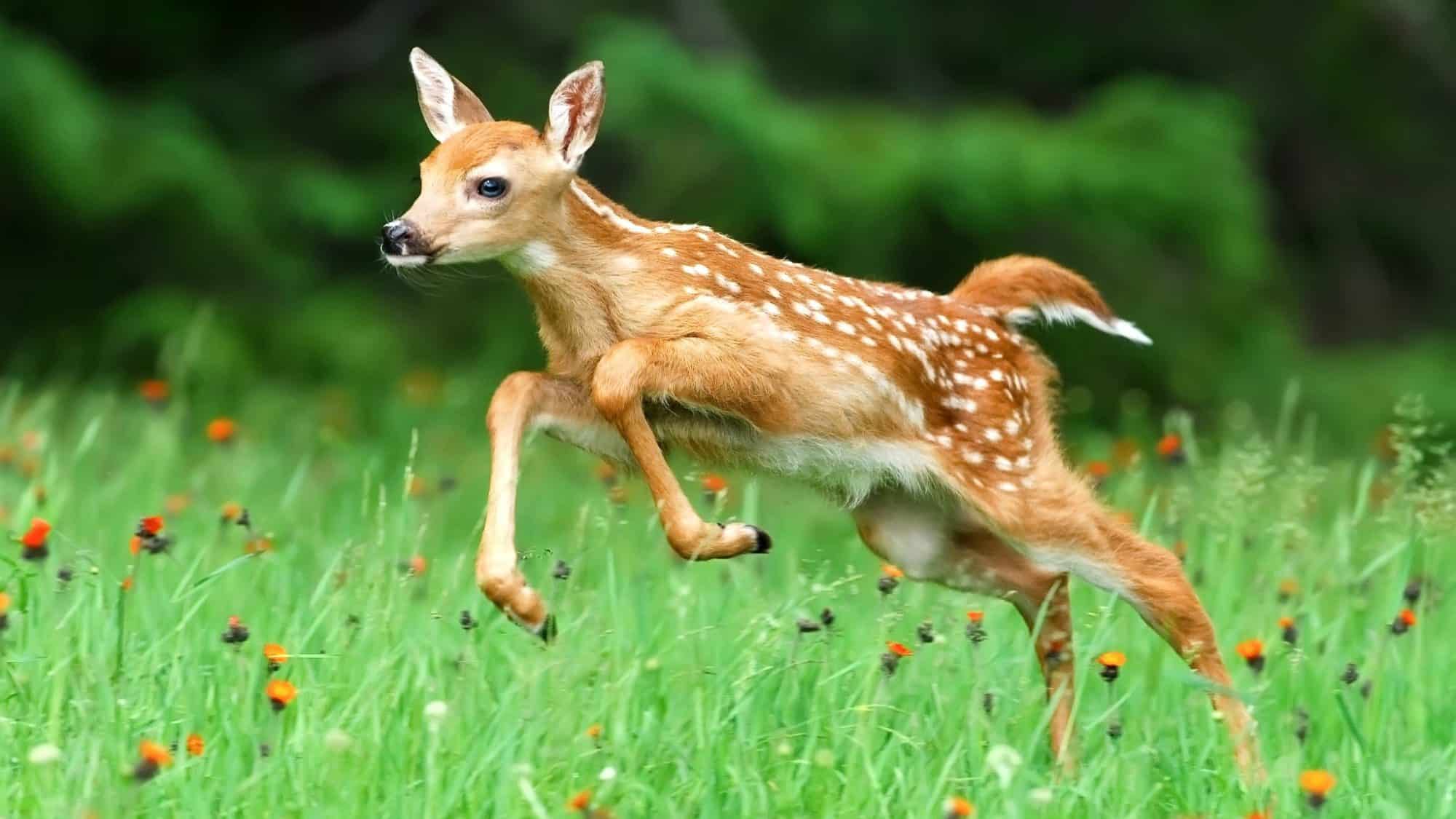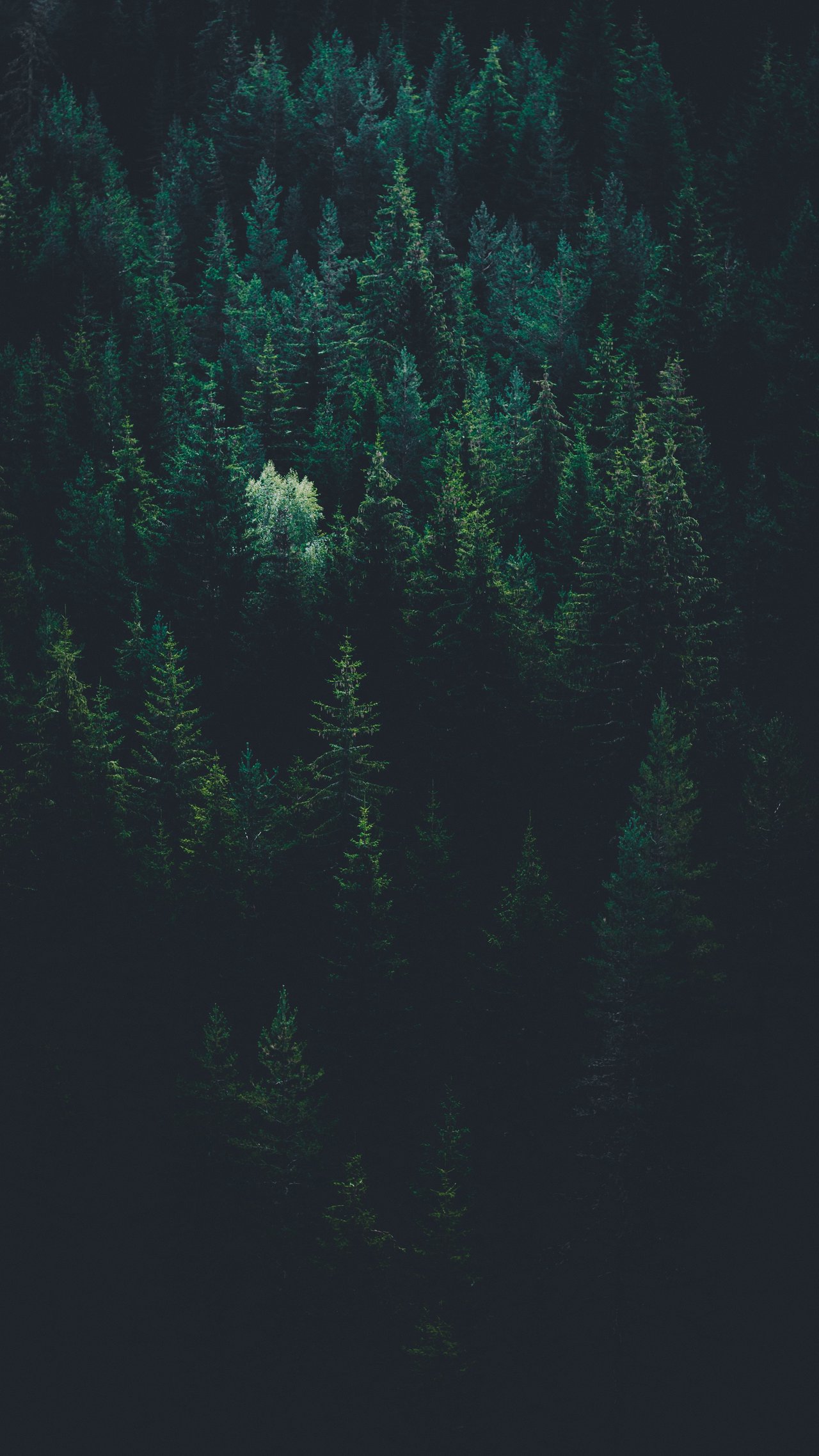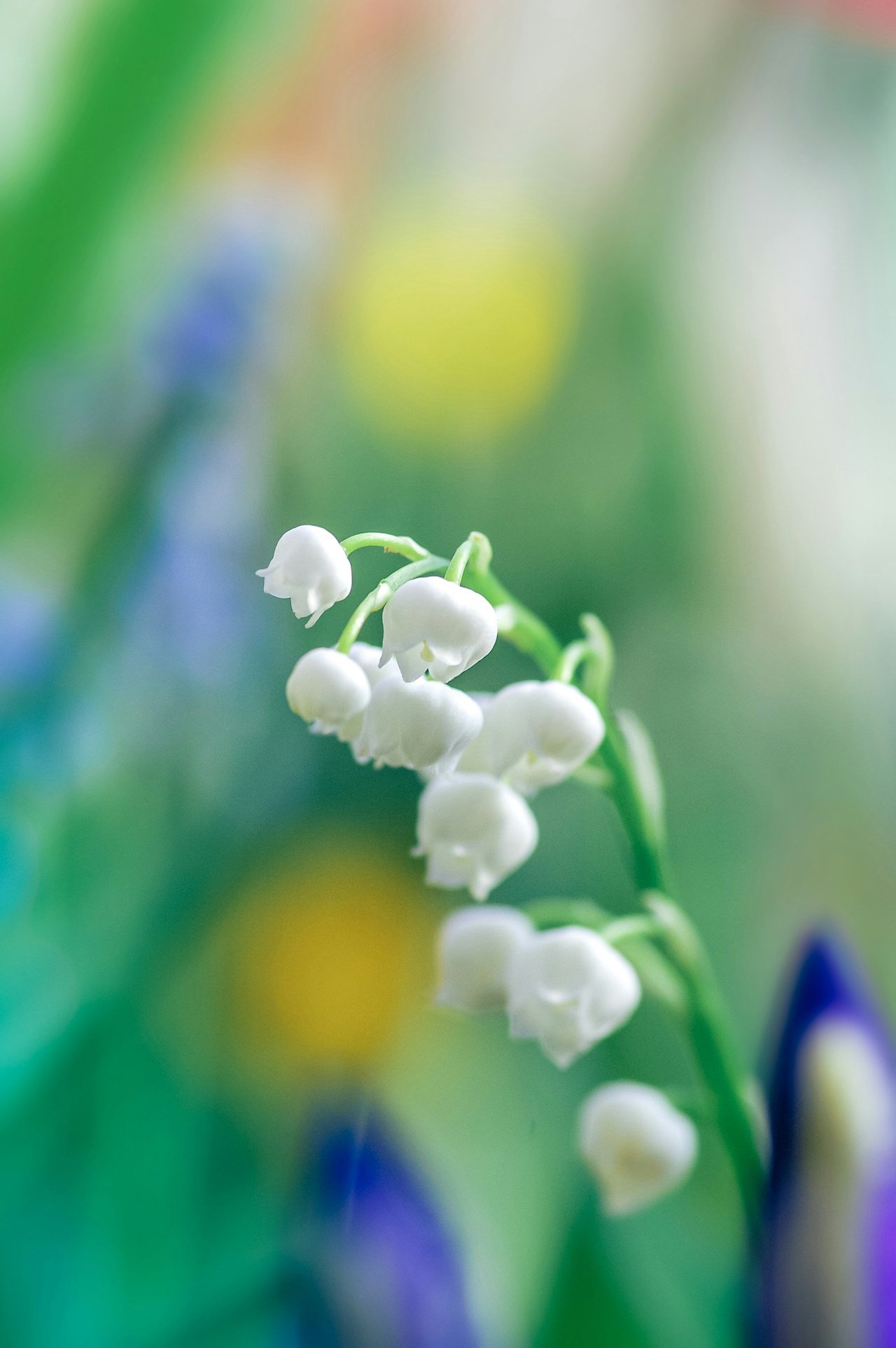
“Those who dwell, as scientists or laymen, among the beauties and mysteries of the earth, are never alone or weary of life. Whatever the vexations or concerns of their personal lives, their thoughts can find paths that lead to inner contentment and renewed excitement in living. Those who contemplate the beauty of the earth find reserves of strength that will endure as long as life lasts. There is symbolic as well as actual beauty in the migration of the birds, the ebb and flow of the tides, the folded bud ready for the spring. There is something infinitely healing in the repeated refrains of nature – the assurance that dawn comes after night and spring after the winter.“
Rachel Carson
This is the world I want to dwell in. This is the place I want to keep my attention fixed upon – the place where the sun assuredly rises and the peonies of summer return, despite the cold freeze/warm breezes of global warming winter. Here, in the world her quote depicts, where nature continues to sooth and fascinate and where we, as stewards of the earth are invited, through those constant yet flowing rhythms of migration and budding, to be repaired and healed and moved. There is irony here of course, as Rachel Carson, marine biologist, and environmentalist, was one of the first voices to call out the devastation we wreak upon the world in her seminal work Silent Spring, published in 1962. And yet it is she who was also more prepared than many to understand the significance of the template of our living – this gorgeous planet where so much of is available to us to learn from, to heal with, and inspire within ourselves the capacity to live and die and live again. Through her science she found much to be enthralled by. Through her care, we found much to be motivated to care for in return. So this morning, having toddled as the voices of the nascent environmental movement found their way to the headlines and bookshelves I knew as a girl, I return to the patch of earth granted me to guard, a small patch of Western Massachusetts and the rising hills of the Berkshire Mountains behind.
Four Adirondack chairs encircle our stone fire pit, facing southeast where the sun rises in the morning and the sky is largest at night. If I sit exactly right, I can pretend there is little between me and the creatures of October Mountain with whom we share a gentle pact. Black bear, white-tailed deer, coyote, red fox, bobcat, the occasional mountain lion and fisher cat, red-tailed and cooper’s hawks cross through our back yard as often as the students who have laid a trail between their houses to our north to the high school nestled below the slope of the lawn. Behind the high school is the mountain and on that mountain life teems. Nearly every day I sight one of them at least, a child or a creature, crossing our yard to the school and home again, or edging the ground for the ferns, berries, nuts, and grasses our yard hosts, and then return to a bed hidden under the mountain pines. Their travels are common, regular, frequent, and yet no less precious, for in the intersection of their walking an enchanting coherence happens.
Here I sit this morning, tea in hand, a velour blanket on my lap, watching two middle-school boys, with backpacks, baseball caps and one with an obvious cell phone, cross the edge of our yard, enter the trail to the south, and head through the high school’s upper soccer field to the side door of the building below. They speak to each other closely, and I have no idea, despite my best spying ears, what they discuss. X-box? Exams? Friends? Lunch? It could be anything and nothing of import at all but see this: they pass not four feet from a small deer frozen against the brown grasses of October. They don’t see her. Don’t comment on her tender beauty, the way her head is still, alert, with only a twitching ear to indicate her aliveness. Her tail is steady. Her feet rooted. Yet emanating from her, as clear as day to me more than ten feet away is the vibrant concussion of energy between her urge to flee and the demand to freeze. She is listening with every fiber of her being, radiating alarm, as the boys reach the apex of the yard and turn toward the school. With three more steps they bend away, and I expect to see her to flee, to leap or bound, as all deer research indicates they do, and she doesn’t. The boys reach the edge of our land, turn south toward the school, their footfalls softer now, their voices disappearing, and she relaxes in place, as a yogi might, and settles into her pose. Tension falls off her like a blanket and she reaches for a leaf, just at forehead height, nibbles the edge and chews. No need to process the fright, call a therapist, or journal through the night – one moment she is alert and on edge – the next she is at peace and in her peacefulness, I am made glad. Literally remade in the moment, laced with gladness.
Things come together and fall apart, wrote Pema Chrodron.
Dawn comes after night and spring after winter, said Rachel Carson.
And she, the fawn of this day, states the same – difficult moments rise and then fall. All is in motion, and no moment is final. Larger rhythms are at play here, within us and around us and if we simply choose to attend with an open mind, we too might find a way to allow a moment to be, and then allow it to pass.
Something cohered in our morning moment together. An integration of diverse elements – two boys, a small brown being, and a witness. Our bodies formed a triangle for a brief period and in the geometry of our connection, life’s way affirmed itself. Without the boys, she would not have been stilled. Without the fright, I would not have seen the release of that fright and not have been reminded again of the “infinite healing in the refrains of nature.” Would it have happened without my presence? Yes. Does it matter – not so much. Life presents itself to us for our learning in every moment wherever we are.
“Suffering,” I once wrote, “may not end but it will change in tone and texture and the good will come again.” Moments come and go. Pain, even pain, is not separate from the inherent rhythmic shifts of our living. Seeing this evidenced again so simply this morning, so perfectly quietly, brought to me a delight and a determination to hold fast here. To dwell in the beauties and mysteries Carson saw and honor them for all they bring to us. I can be the deer. We can be the deer – alert and triggered and fearful and then at peace. We too are of the natural world. We too might just allow a little more deer-ness to define our comings and goings along the pathway of our day.


